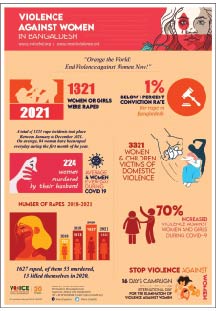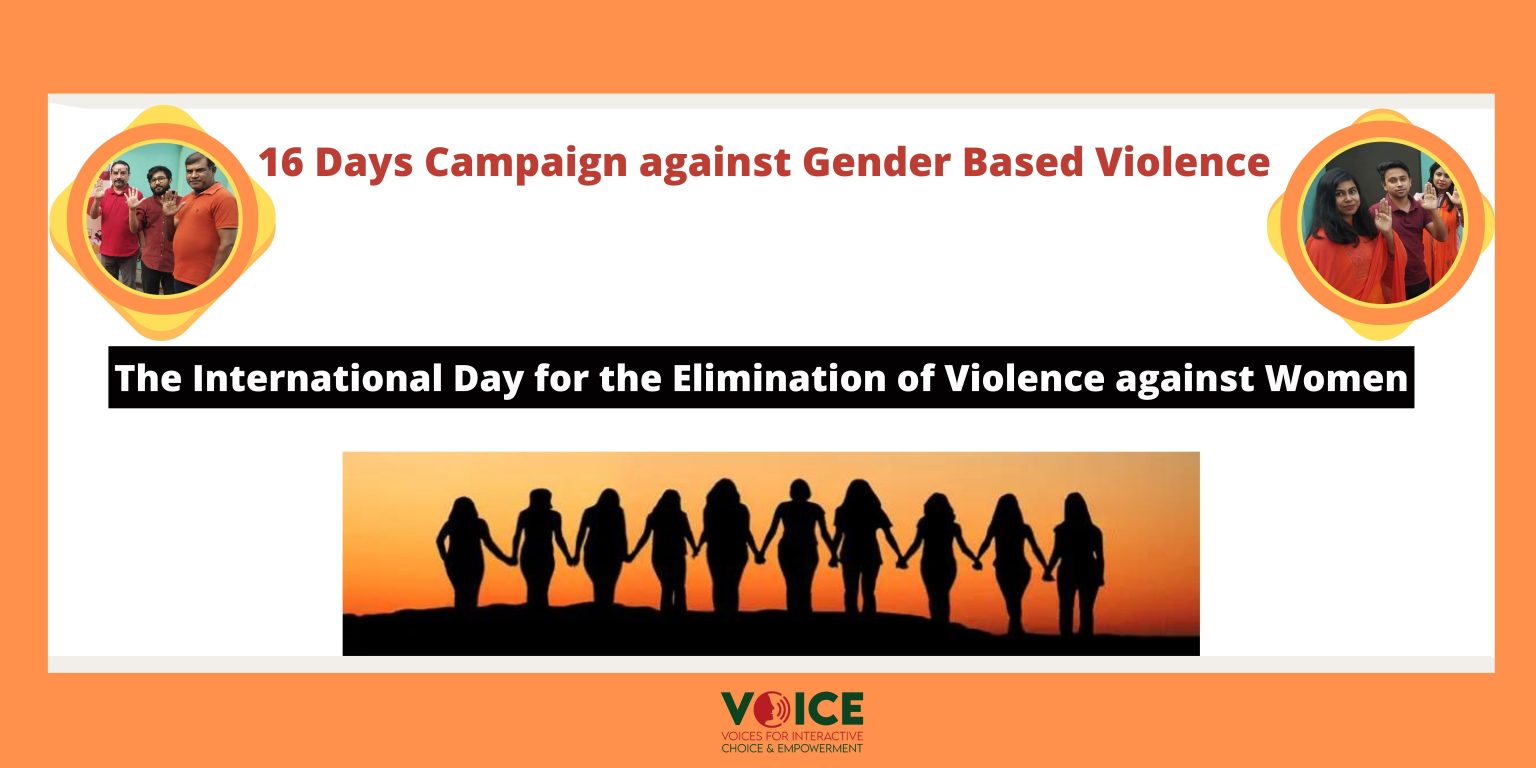
In today’s digital world, online privacy threats are a pressing concern, particularly for journalists, women and human rights defenders (HRDs). In Bangladesh, where APC member organisation Voices for Interactive Choice and Empowerment (VOICE) operates, protecting these groups and advocating for their rights have become a priority. The country’s rising internet penetration, combined with weak legal protections for personal data and online privacy, have left vulnerable communities exposed to cyber harassment, surveillance and data breaches. Journalists and HRDs, in particular, have often been targeted with intimidation for reporting on crucial issues like corruption, human rights abuses and political dissent – especially under the previous authoritarian regime. Bangladesh is currently undergoing significant governmental reform, with the newly formed interim government reflecting the public’s aspiration for systemic change. This period presents a crucial opportunity for journalists and HRDs to adopt a more critical and investigative approach, contributing to the ongoing reforms.
With this in mind, the project, “Ensuring Online Safety and Countering Privacy Attacks on Journalists, Women, and Human Rights Defenders”, which ran from July to December 2023 with support from an APC subgrant, focused on two key objectives: developing an evidence-based advocacy strategy, and raising awareness about the implications of online safety and privacy. A human-centered approach is at the heart of this initiative, aiming not only to produce research, but also to engage directly with those affected, amplifying their voices and fostering solidarity.
Listening to victims of harassment, surveillance and privacy breaches
A major outcome of this project was the report, “Situation analysis on online safety and privacy of journalists, women and human rights defenders in Bangladesh”. This analysis was grounded in in-depth interviews, drawing attention to the personal experiences of victims who had faced harassment, surveillance and privacy violations.
“In recent years, Bangladesh has seen a rise in privacy violations targeting HRDs, activists and journalists, including women who have been critical of the authorities,” noted Ahmed Swapan Mahmud, VOICE founder and executive director. “This project created a platform for them to share their experiences, building knowledge that extended beyond academic circles.”
Specific examples of how people engaged with this initiative include a press briefing and report outreach event held in October 2023, which provided a safe space for journalists, women and HRDs to openly discuss their experiences. These conversations centered on how privacy invasions disrupt people’s professional and personal lives, allowing the community to collectively strategise around safety and advocacy.
“The impact of digital surveillance on women in Bangladesh is deeply distressing, exacerbating their vulnerability to trauma,” Mahmud explained. “Female journalists and HRDs face heightened risks of cyberstalking, unauthorised distribution of personal information, revenge porn, trafficking and AI-generated deepfakes. These violations often culminate in gender-biased hate campaigns, a disturbing new form of modern gender-based violence facilitated by technology.”
Journalist and filmmaker Priangka Acharjee, who participated in the initiative, highlighted the personal and professional challenges faced by women in the field, from cyberstalking to online threats. Her experiences reflect the broader systemic issue of gender-based online violence and the need for access to tools and knowledge that enhance digital safety. “I now apply basic digital hygiene to my online work, including two-factor authentication and malware protection,” she stressed.

Building a community that can better protect itself
A key focus of the project was empowering a community to protect itself against privacy violations. Through advocacy meet-ups, workshops and a social media campaign, VOICE’s initiative created a space for journalists, women and HRDs to share knowledge, raise awareness and push for systemic change.
Recognising the need for a collective response, VOICE developed a Strategy Paper on Online Safety and Security against Privacy Attacks. This paper was not part of the original proposal, but something that emerged as the project was unfolding and expanding its impact. “It actually emerged from the increased risks faced by journalists during the pre-election period, when online safety became especially precarious,” Mahmud stressed. “It significantly strengthened journalists’ digital capacities by offering practical tools, guidelines, and best practices on protecting personal data, recognising cyber threats, or using encryption and secure communication channels,” he added.
Moreover, the strategy paper expanded journalists’ understanding of their digital rights and the limitations of current legal frameworks. It offered a comprehensive overview of laws related to digital privacy, freedom of expression and online harassment, empowering them to advocate for stronger protections.
With this knowledge, journalists became better prepared to handle the complexities of reporting in a digitised world where surveillance, censorship and cyberattacks pose serious threats to their work. The paper also fostered a sense of community, encouraging collaboration and knowledge-sharing around safe online practices.
VOICE further extended its impact by participating in the global “16 Days of Activism Against Gender-Based Violence” campaign. The organisation created digital posters to highlight the intersection of online privacy violations and violence against women. These interactive campaigns reached millions on social media, amplifying the project’s message beyond in-person events.

Strengthening capacity-building
More than 160 participants, including 45 women, were directly involved in this project, which reached over 10 million people through media coverage and online platforms. Many participants reported an increased understanding of digital safety, with some, like Acharjee, already applying their new knowledge to protect their privacy and advocate for others.
Looking ahead, VOICE aims to build on this momentum by strengthening its capacity-building efforts. According to Mahmud, “Future initiatives will likely focus on more comprehensive trainings, a request from many participants who expressed the need for intensive, hands-on learning experiences. These opportunities will help journalists and HRDs not only respond to online threats but also anticipate and prevent them."
VOICE plans to integrate more practical elements, such as residential trainings and ongoing support for participants after the sessions. This long-term assistance could include follow-up consultations, access to a digital support network, and continuous learning opportunities to keep journalists and HRDs informed about evolving threats and security techniques. Through these efforts, VOICE aims to empower them to become resilient and proactive defenders of their digital rights.
In a world where threats to online privacy and safety are rapidly evolving, projects like VOICE’s provide critical solutions while fostering community resilience. This work is especially vital for those on the frontlines of communication and human rights. Safeguarding their safety – both online and offline – will be essential as they navigate a pivotal moment in the country’s political landscape.
This piece is a version of the information provided by VOICE as part of the project "Ensuring Online Safety and Countering Privacy Attacks on Journalists, Women, and Human Rights Defenders," adapted for the Seeding Change column. This column presents the experiences of APC members and partners who were recipients of funding through APC's subgranting programmes, supported by Sida, and of subgrants offered through other APC projects.
Did this story inspire you to plant seeds of change in your community? Share your story with us at communications@apc.org
Read also:
Seeding change: VOICE is advocating to shift e-waste management in Bangladesh from policy to practice